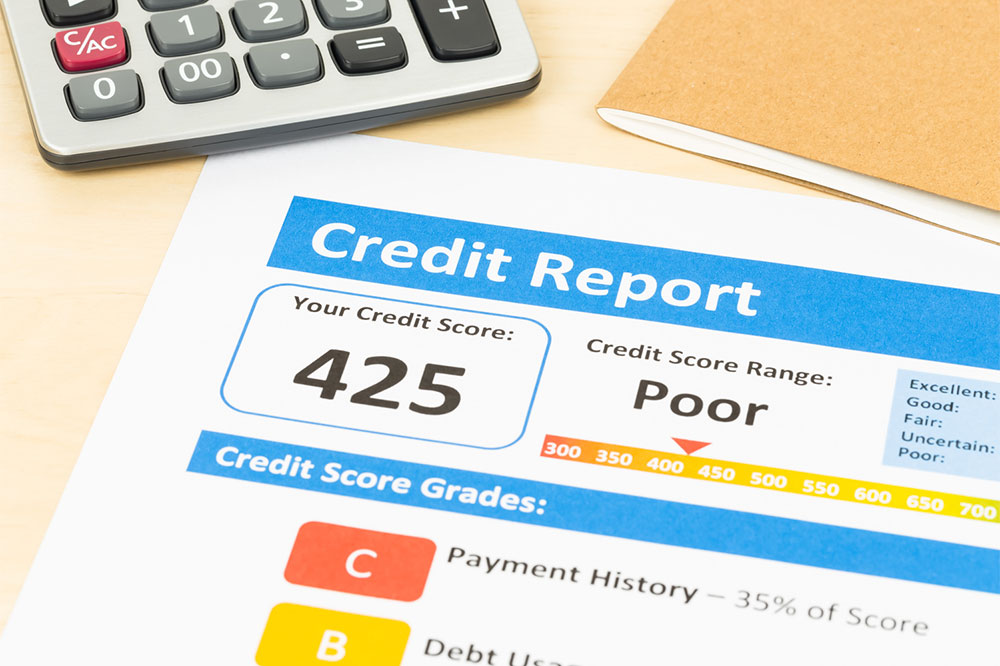Comprehensive Guide to Mortgage Options for Borrowers with Low Credit Scores
This comprehensive guide explores mortgage options for borrowers with poor credit, highlighting FHA loans, government programs, and tips to improve approval chances. Discover how to navigate the mortgage landscape even with a low credit score and achieve your homeownership goals efficiently. Expert advice and assistance options are covered to help you make informed financial decisions for a brighter future.

Comprehensive Guide to Mortgage Options for Borrowers with Low Credit Scores
Experiencing challenges with a low credit score can significantly impact your ability to secure a mortgage, making the journey to homeownership more complex and demanding. While a poor credit history often presents hurdles in the loan application process, there are tailored mortgage options and government-backed programs designed explicitly for individuals with less-than-ideal credit profiles. Understanding these options can empower borrowers to make informed decisions and improve their chances of obtaining financing to achieve their housing dreams.
Since the global financial crisis of 2008, conventional subprime lending practices have drastically declined, leading to tighter lending standards across the industry. This shift has made it more difficult for individuals with poor credit scores to qualify for traditional mortgage loans. However, the U.S. government, through various agencies, offers valuable assistance programs that can help credit-challenged borrowers access home financing more easily.
In general, mortgage approval is often associated with a minimum credit score ranging from 620 to 640. Many applicants with scores below this threshold face difficulties in securing conventional financing. Recognizing this, the Federal Housing Administration (FHA), established in 1934, plays a crucial role in encouraging homeownership by insuring loans that are used to finance residential properties. FHA loans are particularly attractive to individuals with low credit scores because they lower the barriers to qualification and reduce the risks for lenders.
The FHA insures a variety of loan types, including fixed-rate mortgages that span 15 or 30 years, as well as adjustable-rate options to cater to different financial situations. These loans typically require lower down payments compared to traditional mortgages, making homeownership more accessible for first-time buyers and those with financial constraints. The ability to use gift funds toward the down payment further eases the financial burden on prospective homeowners.
For first-time homebuyers or individuals with challenged credit histories, FHA loans are often coupled with special programs that support zero-down options or grants. These initiatives, often listed on the U.S. Department of Housing and Urban Development (HUD) website, provide additional financial aid and incentives to help overcome initial upfront costs.
To enhance their chances of approval, borrowers with poor credit should consider demonstrating financial hardship or hardship due to unique circumstances. Providing documentation of these hardships, along with evidence of financial stability and employment history, can serve as compensating factors and improve the likelihood of loan approval under FHA or other government-backed programs.
Ultimately, understanding the variety of mortgage options available for individuals with low credit scores is essential. By exploring FHA loans, government grants, and assistance programs, borrowers can access pathways to homeownership despite credit challenges. Consulting with specialized mortgage professionals and financial advisors can further help tailor solutions that fit personal financial situations, ultimately turning the dream of owning a home into reality.





